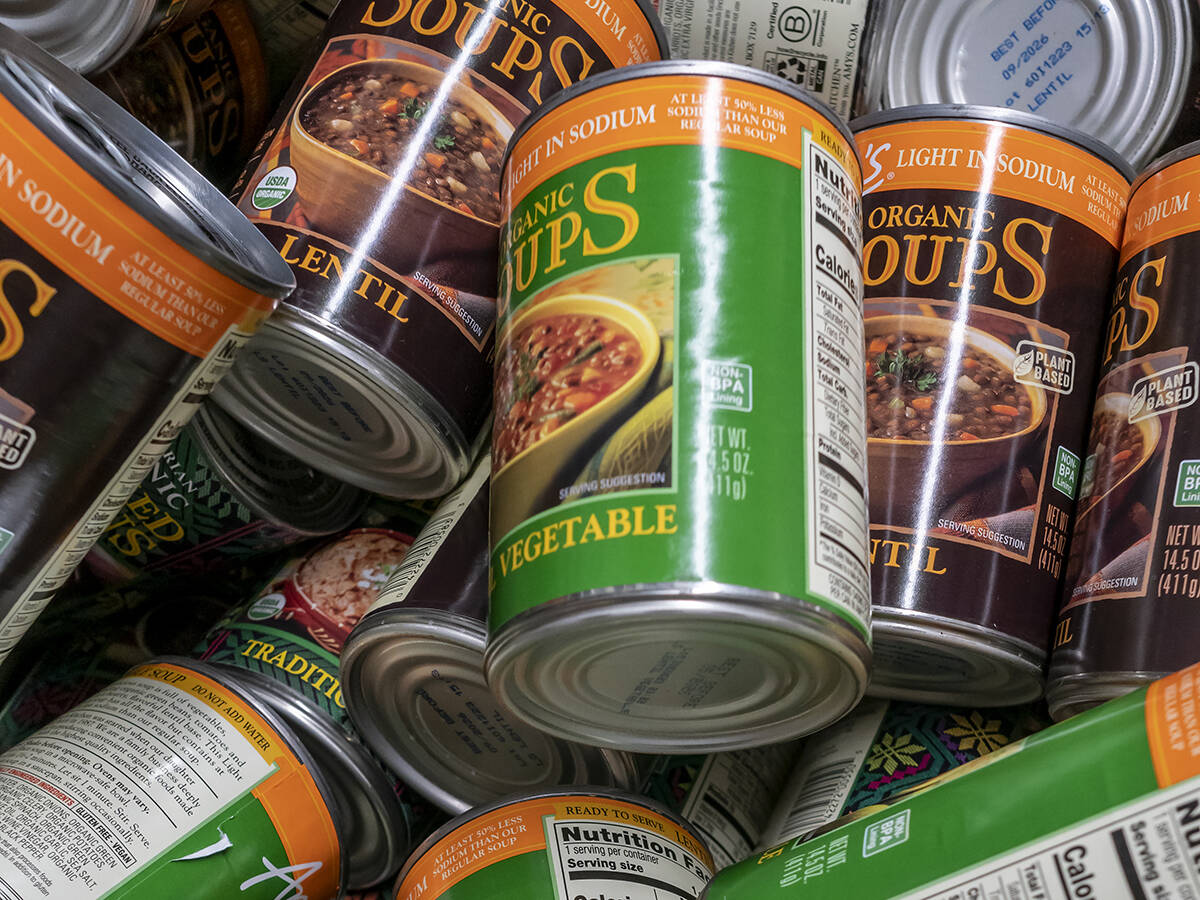Off-farm income
The numbers are several years old but they are proof positive for farm leaders concerned about the growing tendency for Canadian farmers to depend on off-farm income for survival.
In 1998, according to a Statistics Canada analysis of farm income tax returns, farm families earned more than seven cents off the farm compared to less than three cents earned from farm product sales.
The portion of farm income from off-farm sources grew to 71 percent in 1998, compared to 69 percent the previous year.
Farm lobbyists say the 1999 and 2000 numbers for off-farm income will be even higher because of low farm sales revenues in the grains and oilseeds sector.
Read Also

Sustainable food has ‘lost all meaning’: prof
That marketing strategy is deader than a doornail, says a University of Guelph professor who specializes in consumer preferences and perceptions of agriculture and food.
The largest portion of that off-farm income came in wages and salaries – 61 percent. The rest came in pension and investment income.
The federal agency said off-farm income was higher on average in British Columbia and Alberta.
Off-farm income was lowest in Quebec, where supply management and a generous provincial farm income support program make farming more viable for many producers.
Dairy decision delayed
The fate of Canada’s dairy export policy, now under challenge within the World Trade Organization, will not be decided until January 2002.
The United States and New Zealand have challenged Canada’s dairy export program, arguing that even though provincial marketing boards are not involved, there still is government regulatory involvement and, therefore, an illegal export subsidy.
They won their case last year.The Canadian dairy industry made some changes but then both countries came back with allegations the changes were not adequate and Canada was not complying with the WTO ruling.
If they win, they could launch trade retaliation next year.
A revised hearing schedule indicates that presentations to the WTO compliance panel will finish by mid-May.
By the time rebuttals, appeals and arguments are finished, it could be early 2002.
Animal treatment survey
A spring public opinion survey sponsored by the farm industry-supported Ontario Farm Animal Council found that most Ontario consumers believe farm animals are well treated.
The survey queried 1,000 consumers in five Ontario cities.
As many as 86 percent of respondents said they thought farmers take proper care of their animals.
The survey also suggested that 89 percent of those surveyed agree “farmers do a good job of producing healthy food at reasonable prices.”
The farm animal council announcement of the survey results said animal rights activists are the main group questioning the treatment of animals or the safety of food.
















